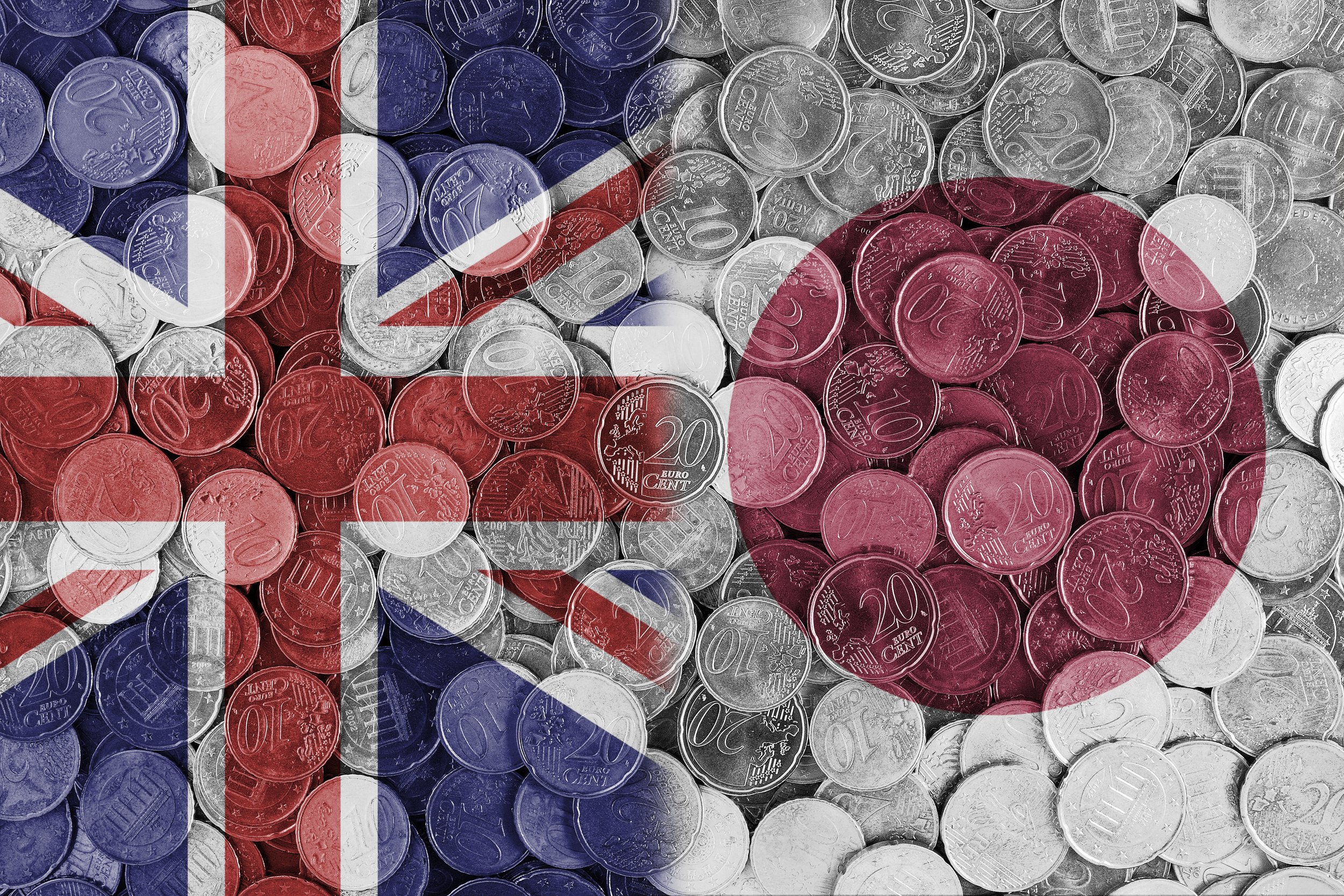Brexit and NI Protocol threats hurting UK-Japanese trade say experts
Brexit and threats from the UK Government to breach international agreements is hurting trade between the UK and Japan with the free trade agreement between the two countries, one of the first post-Brexit, having “almost no added value” experts have stated.
In a public evidence session to MPs and business leaders this morning, a panel of diplomats, academics, trade and industry experts detailed how Brexit is already affecting growth and employment in the UK, with the value of service imports to the UK from Japan seeing sharp decreases between 2020 and 2021, and financial service imports, a critically important sector for the UK economy losing more than half its value (56%).
While about 1200 Japanese owned companies in the UK employ over 180,000 people, commissioners heard that, in the same period, UK jobs in Japanese owned companies began to fall. Conversely, witnesses said that other European countries have seen job growth in Japanese owned companies lending weight to the theory that Brexit was the main driver of the change.
They explained that Japanese business leaders and politicians place great importance on stability and the rules-based international order, but recent developments in British politics and continued threats from the UK Government to break international agreements is likely to have destabilised confidence among Japanese investors and trading partners. This point was repeated by witnesses in the second half of the session who were giving evidence on the proposed UK-India free trade agreement currently being negotiated.
This evidence comes the day after the OECD forecast that the UK would see no growth next year, and casts further doubt on the feasibility that lost EU trade can be replaced with trade with other countries.
Dr Minako Morita-Jaeger, Senior research fellow in International Trade of University of Sussex Business School and a Policy Research Fellow of the UK Trade Policy Observatory said,
“Japan respects the rules-based trading system. The row over the Northern Ireland Protocol, with the EU - if the UK just overwrites the international agreement, this has a big impact at a business level and a policy level, in terms of confidence. Credibility matters.”
Lord Darroch of Kew, former British Ambassador to the USA who started his diplomatic career in Tokyo said,
“In my experience of Japan, they set huge store by political stability and predictability. I think they’re really disconcerted by what they’ve seen in terms of the political turmoil and disruption and chaos ever since the Brexit vote. It’s not what they expect of us, and it’s not what they associate with the UK.
“I think privately we are a little diminished in their eyes and not what we were a decade ago, and they would be hoping, like many of our allies, that we can as it were, get our relationship with the EU sorted out and stabilised, that we sort the problems over the NI Protocol out.”
Pernille Rudlin, Managing Director of Rudlin Consulting who specialise in helping organisations connect with Japanese companies operating in Europe said,
“I felt incredibly embarrassed actually a couple of weeks ago, a Japanese embassy official said to me, he was teasing me, but it was quite pointed. He said: “Do the British really want to follow rules?”.
“I just didn’t know what to say really, because yes… this would not be seen as the British being grown ups if we can't abide by agreements that we made.”
Stephen Farry MP, member of the UK Trade and Business Commission, said,
“Today we heard loud and clear that current threats of escalation over the Northern Ireland Protocol and ongoing dysfunction in government is diminishing the UKs global reputation and damaging opportunities for trade.
“If the UK government truly wants a “golden age” for trade, they must honour the agreements they sign and resolve the disagreement over the NI Protocol through negotiation.”

